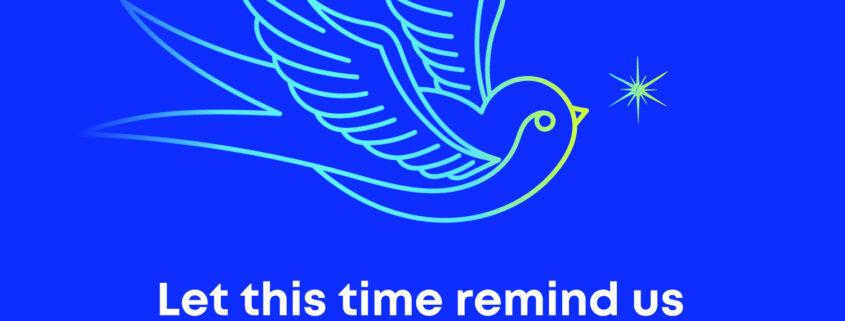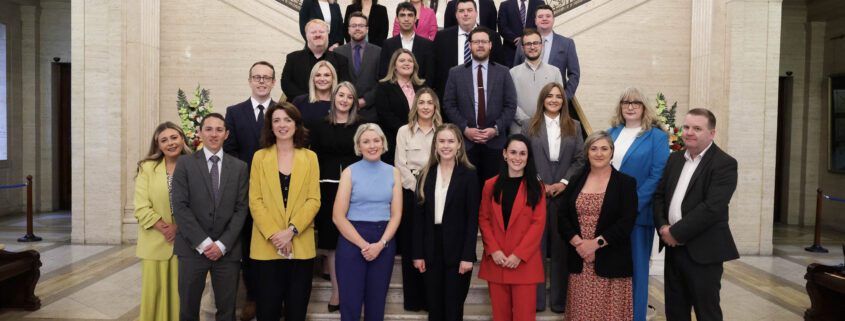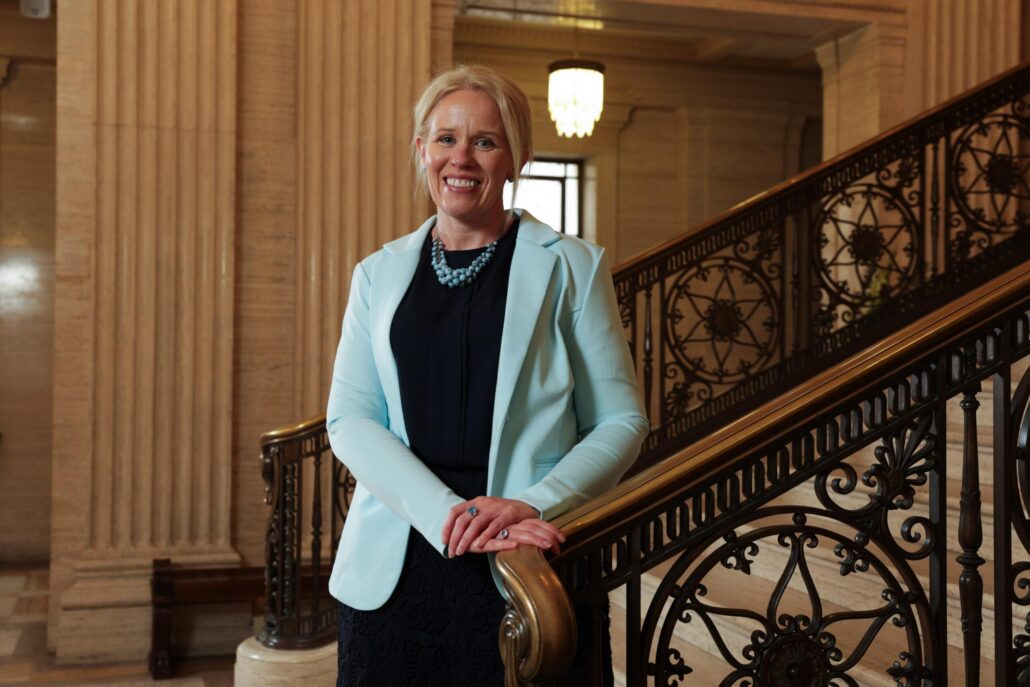In this first blog we introduce the series Leadership And, answering why robust guidance for leadership in 2024 is more important than ever.

Leaders push forward in times of complexity
We find ourselves in a cultural moment of complexity and uncertainty as domestic and global challenges continue to mount with no end in sight, four of which stand out. First, it is a critical year for climate change as TIME has named 2024 the year for exponential climate action.
Second, the increase of conflict worldwide is unavoidable, with conflict prevention expert Paul Stares stating, “the trend toward less armed conflict around the world is now moving in the opposite direction.” Whether it is Russia’s invasion of Ukraine or the war and humanitarian crisis in Gaza, leadership is required more than ever.
Another precarious challenge is the economy. Economists anticipate the global economy to weaken in 2024, and accompanied with a cost of living crisis at home threatening the most vulnerable in society, the decisions made by our leaders from across society – not just in parliamentary chambers and executive tables – will echo for generations to come.
Finally, democracy itself appears to be in crisis. This year has been dubbed the year of voting, with more than two billion people around the world heading to the polls in 2024. Quite simply it is the biggest election year in history. And yet, democracy has never felt so fragile; it seems to be on the ballot itself. Research from Our World in Data recently published statistics that suggest democracy is backsliding at a substantial rate. Moreover, published data shows that the number of democratic states worldwide has fallen, fewer people are living in democracies, and people have fewer democratic rights.
In light of these challenges, leaders are being scrutinised more than ever as their character and competency are consistently called into question from various corners of society. According to research from Jon Stokes and Sue Dopson at the Saïd Business School, University of Oxford, trust in leadership is at an all-time low and leaders must prove themselves in order to gain respect.
This is the moment for leaders to step up and not bend the knee to the challenges facing all of us. In these uncertain times, healthy and constructive leadership must be parsed out to steer us to calmer waters and push forward. We need pioneering leaders that actively take steps towards a better future through addressing the issues of the present through innovation and cooperation.
The aim of Leadership And
At the Centre for Democracy and Peace Building (CDPB), we believe in eco-leadership: leadership that focuses on the collective, that does not withhold knowledge, and instead chooses to empower communities by encouraging information sharing. Research by Dopson and Stokes sums it up perfectly: “Leadership is a conversation, a way of talking about things with people, at all levels, within and beyond.” We do not hope with this series to prescribe answers. Rather we aim to facilitate creative thinking within a broader audience. Leadership is about equipping a collective to seek innovative solutions to complex problems. By providing in-depth leadership guidance from experts, CDPB hopes to develop leaders’ capacity and foster a positive culture of connectedness in which we all can work together to solve issues and lead better.
Over the next few months, the Leadership And series will curate adept opinions on various facets of leadership, creating an accessible, intertwined database of lived experience and science from leaders from across the globe. We will look at topics such as leadership and integrity, leadership and dignity, and leadership and complexity. In our commitment to diversity of opinion, we will invite friends and associates of CDPB who possess an extensive track record of leadership to join the series as a guest writer and share their insights.
Leadership is not prescriptive and by examining many opinions we open ourselves up to new creative forms of thinking.
We look forward to having you on this journey with us.
The CDPB team
Bibliography
“Chief Economists Outlook: January 2024.” World Economic Forum, 15 Jan. 2024.
“Countries That Are Democracies and Autocracies.” Our World in Data.
“Electoral Democracy Index.” Our World in Data.
Herre, Bastian. “The World Has Recently Become Less Democratic.” Our World in Data, 6 Sept. 2022.
“People Living in Democracies and Autocracies.” Our World in Data.
Ray, Siladitya. “2024 Is the Biggest Election Year in History—Here Are the Countries Going to the Polls This Year.” Forbes, 3 Jan. 2024.
Stares, Paul. “Conflicts to Watch in 2024.” Council on Foreign Relations, 4 Jan. 2024.
Stokes, J., and S. Dopson. “From Ego to Eco, Leadership for the Fourth Industrial Revolution.” (2020).
Tubiana, Laurence, and Catherine McKenna. “2024 Must Be the Year for Exponential Climate Action.” TIME, 16 Jan. 2024.
———————–
To keep up to date, follow our Twitter/X and LinkedIn accounts, as well as subscribing to our newsletter to get involved in future events.


















